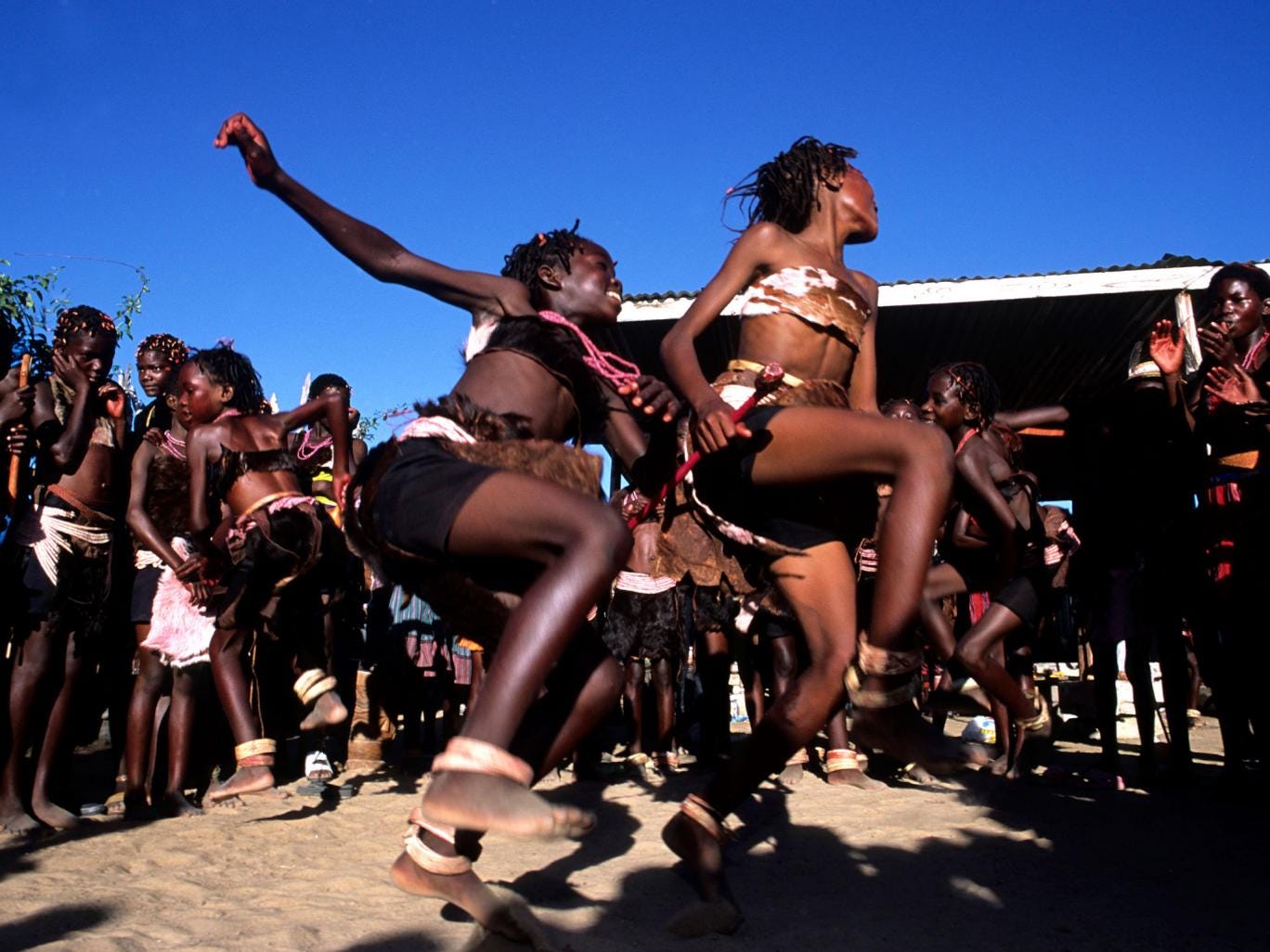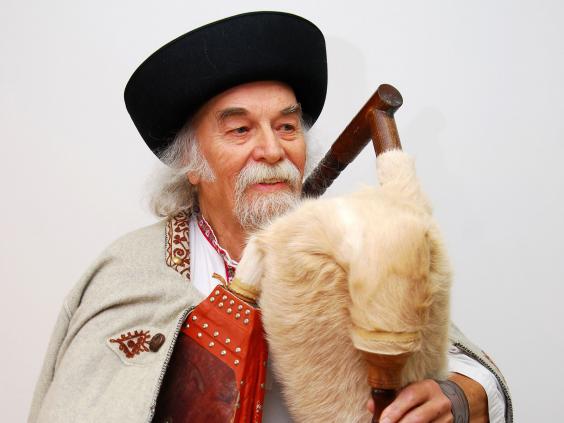
The Owambo women who organise a festival to celebrate omagongo – a fruit beverage – in northern Namibia, and Wititi folk dancers from Peru’s Colca Valley had cause for celebration. So too did Saudi coffee drinkers and bagpipe-playing Slovakians.
They all take part in 20 cultural practices deemed significant enough by the United Nations Educational, Scientific and Cultural Organisation (Unesco) to be safeguarded as heritage to be preserved this week.
Members of the Unesco committee responsible for “safeguarding of intangible cultural heritage” deemed that piping in Slovakia, with a history dating back to the 18th century, was sufficiently under threat to safeguard. While “bagpipe culture exists throughout Slovakia”, according to Unesco, few can still play the instrument.
“Communities are proud to have a bagpipe player perform at local events as the music invokes a sense of identity for the public,” said Unesco.
The organisation also highlighted the importance of the Kazakhstani art of improvisation known as “Aitys” or “Aitysh”. Shared by neighbouring Kyrgyzstan, it is a contest of poetic improvisation between two people, either spoken or sung to music. The lyricist displaying the most wit, rhythm and creativity wins.
Askar Zhiymbayev, First Secretary of the Kazakh Embassy in London, said: “Aitys is not only a cultural asset of Kazakhstan but also a cultural asset of humankind.”
The traditional Peruvian Wititi dance is characterised by colourful costumes and is performed annually on the Day of Wititi, on 14 July, in the Colca Valley of Arequipa, Southern Peru.
Peru’s Culture Minister, Diana Alvarez-Calderon, told Peruvian news agency Andina: “We want every Peruvian to enjoy this declaration… This proves us Peruvians know how to preserve our traditions and dances.”
Much attention focused on the choice of Unesco to include coffee drinking in Saudi Arabia, Oman and Qatar on the list. Sharing a brew of the black stuff was, said the UN agency, a “symbol of generosity”.
It said: “Serving Arabic coffee is an important aspect of hospitality in Arab societies. Traditionally prepared in front of house guests by men and women, it is also served by sheikhs and heads of tribes.”
Also recognised in Saudi was “Alardah Alnajdiyah” dance, drumming and poetry, performed carrying swords.









